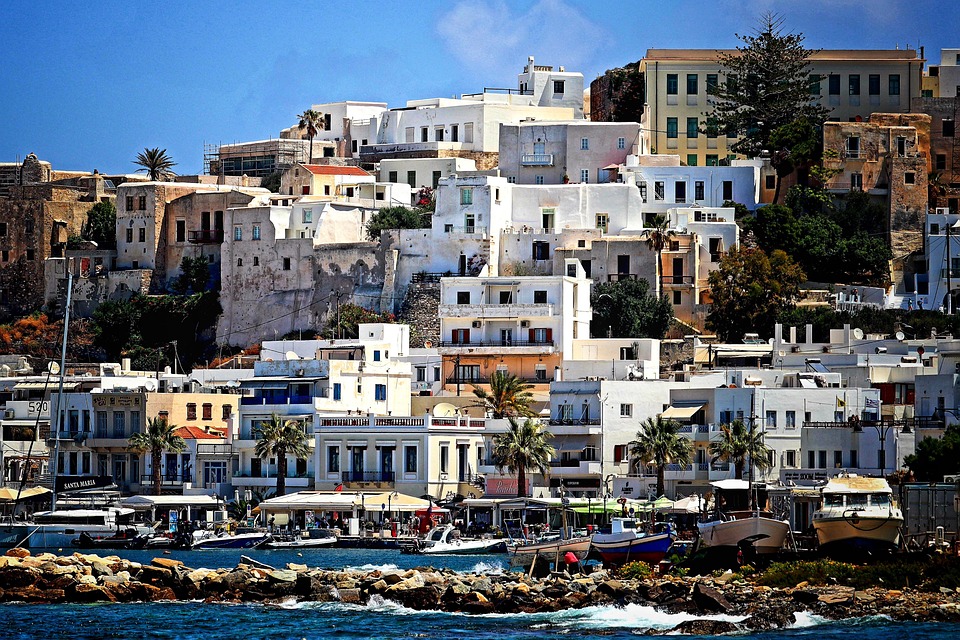
Migration and Integration: Greece’s Role in the European Refugee Crisis
Introduction
The European refugee crisis, which surged in 2015, brought to light the complexities and challenges surrounding migration and integration in Europe. At the forefront of this crisis was Greece, a nation that not only served as a primary entry point for refugees and migrants but also faced significant socio-economic and political challenges as it navigated this unprecedented influx of people. This article explores Greece’s pivotal role during this period, its response to the crisis, and the resultant implications for migration and integration policies across Europe.
Historical Context
Located at the crossroads of Europe, Asia, and Africa, Greece has a long-standing history of migration. However, the significant increase in refugees from conflict regions, particularly Syria, Afghanistan, and Iraq, transformed Greece into a focal point in the European Union (EU) migration landscape. In 2015 alone, over a million migrants arrived in Europe, with a substantial number landing on the Greek islands via perilous sea routes from Turkey.
The Impact of the Crisis on Greece
Greece’s geographical position made it an essential gateway for migrants seeking asylum in Europe. The rapid influx strained the country’s already struggling economy, which had been grappling with the repercussions of a decade-long financial crisis. The sheer volume of arrivals overwhelmed local infrastructure, leading to overcrowded camps, inadequate healthcare, and a scarcity of essential services.
The crisis also sparked significant political debates within Greece and across the EU. While many Greeks showcased remarkable solidarity, providing assistance and support to those arriving, the government faced challenges in balancing humanitarian obligations with public sentiment and resource limitations.
Greece’s Response to the Influx
In response to the crisis, Greece adopted a multifaceted approach. Initially, the country’s hospitality was characterized by the grassroots efforts of local communities and NGOs, which provided food, shelter, and basic medical care to those arriving. However, as the crisis escalated, the Greek government, with support from the EU, implemented more structured measures.
Reception and Identification Centers
The establishment of reception and identification centers was crucial in managing the arrivals. The most notable, the Moria camp on Lesbos, became emblematic of both the challenges of the crisis and the resilience of humanitarian efforts. These centers aimed to register migrants, conduct security checks, and assess asylum claims, while also providing essential services.
The EU-Turkey Deal
A significant turning point in managing the crisis was the EU-Turkey agreement reached in March 2016. This deal aimed to stem the flow of migrants into Europe by sending back those who arrived in Greece without proper documentation. While it reduced the number of crossings, it raised ethical concerns regarding the treatment of asylum seekers and compliance with international human rights standards.
Integration Challenges and Efforts
Integration emerged as another critical aspect of Greece’s response. With a substantial number of refugees granted asylum, the focus shifted to how to support their successful integration into Greek society. Language barriers, cultural differences, and limited economic opportunities posed significant hurdles.
Policy Initiatives
The Greek government, alongside various NGOs and international organizations, initiated several programs to facilitate integration. Language courses, vocational training, and community integration activities were launched to help newcomers adapt to their new environment. These programs aimed to foster social cohesion and reduce xenophobia, which had sometimes manifest in local communities.
The Broader European Context
Greece’s role in the crisis highlighted the need for a more unified and cohesive European migration policy. The burden of migration did not fall evenly across EU member states, leading to tensions and debates around responsibility sharing. As frontline states faced the brunt of arrivals, the call for a more equitable distribution of migrants became increasingly urgent.
Conclusion
Greece’s experience during the European refugee crisis underscores the complexities of migration and integration within a broader socio-political context. While the nation faced significant challenges, its response demonstrated resilience and humanity in the face of adversity. As Europe continues to grapple with migration, Greece’s role serves as a crucial case study, illustrating the need for solidarity, effective policies, and collaborative efforts to address the ongoing challenges of migration in the 21st century. The lessons learned from Greece’s experience can pave the way for a more inclusive and compassionate approach to migration, ensuring that human dignity remains at the forefront of European discourse.










